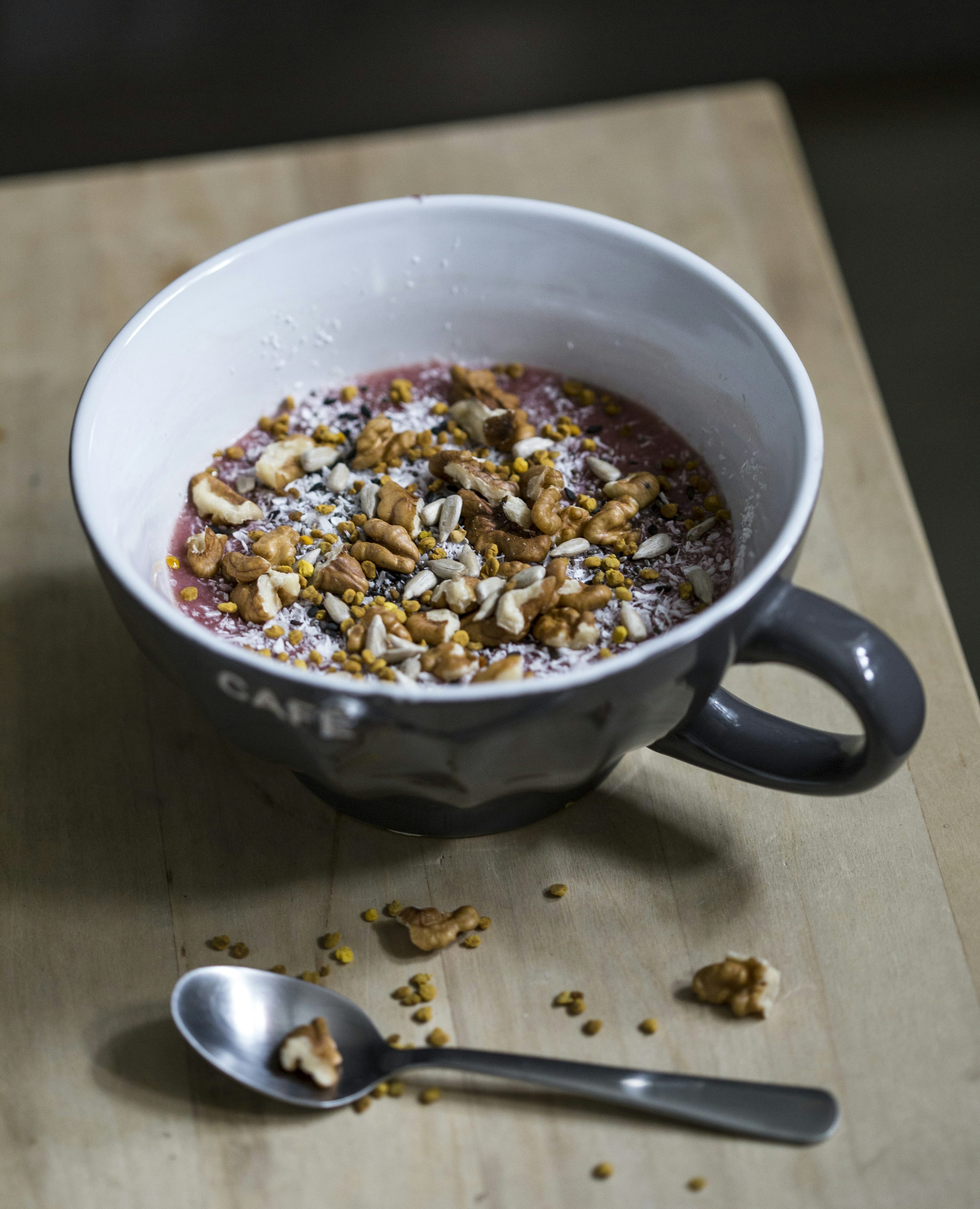
Understanding Bowel Function and Its Importance
Bowel function refers to the process of digesting food and eliminating waste from the body. Healthy bowel function is characterized by regular, painless bowel movements that are neither too hard nor too soft. Various factors, including diet, hydration, physical activity, and stress levels, influence bowel function. Understanding these factors can help you make informed decisions to support your digestive health.
Tips to Improve Bowel Function
Here are some practical tips to help you maintain or improve your bowel function:
- Increase Your Fiber Intake: A diet rich in fiber promotes regular bowel movements by adding bulk to the stool and speeding up its passage through the digestive tract. Include a variety of fruits, vegetables, whole grains, and legumes in your diet.
- Stay Hydrated: Drinking plenty of water is essential for keeping the digestive system hydrated. Water helps soften the stool, making it easier to pass and reducing the risk of constipation.
- Exercise Regularly: Physical activity stimulates the muscles in the intestines, promoting healthy bowel movements. Aim for at least 30 minutes of moderate exercise most days of the week.
- Establish a Routine: Try to have bowel movements at the same time each day, ideally after meals. This helps train your body to recognize when it's time to eliminate waste.
- Manage Stress: Stress can negatively impact bowel function, leading to conditions like irritable bowel syndrome (IBS). Practice stress management techniques such as deep breathing, meditation, and yoga to support digestive health.
- Avoid Processed Foods: Processed foods often lack fiber and contain additives that can disrupt bowel function. Focus on whole, unprocessed foods to support digestive health.
- Limit Caffeine and Alcohol: While moderate caffeine and alcohol consumption are generally safe, excessive intake can irritate the digestive system and disrupt bowel function. Monitor your intake and adjust as necessary.
Latest Research on Bowel Function and Health
Research continues to uncover the critical role of diet and lifestyle in maintaining healthy bowel function. For example, a study published in the journal <em>Alimentary Pharmacology & Therapeutics</em> highlighted the benefits of probiotics in supporting gut health and regular bowel movements.
These findings emphasize the importance of a balanced diet and a healthy lifestyle in promoting optimal bowel function and preventing digestive disorders. By making simple changes to your daily routine, you can significantly enhance your digestive health.
Practical Tips for Maintaining Healthy Bowel Function
To keep your digestive system functioning smoothly, consider these additional tips:
- Chew Your Food Thoroughly: Properly chewing your food aids in digestion and ensures that nutrients are effectively absorbed. Take your time to eat slowly and mindfully.
- Avoid Overeating: Eating large meals can overwhelm the digestive system and lead to discomfort or irregular bowel movements. Opt for smaller, more frequent meals throughout the day.
- Listen to Your Body: Pay attention to your body's signals. When you feel the urge to have a bowel movement, don't delay. Ignoring the urge can lead to constipation.
- Incorporate Fermented Foods: Foods like yogurt, kefir, sauerkraut, and kimchi contain probiotics that support gut health and regular bowel function.
A Deeper Look at Maintaining Healthy Bowel Function
Here we dive further into how maintaining healthy bowel function interacts with digestion. Over time, repeated exposure can influence gut bacteria, nutrient absorption, and overall comfort.
Long-Term Strategies
- Maintain a consistent eating schedule to support digestion.
- Monitor how your body reacts to specific foods or habits related to this topic.
- Introduce more whole foods and reduce heavily processed options.
- Prioritize regular physical activity to keep your gut moving.
- Seek professional guidance if symptoms persist or worsen.
Applying these long-term strategies can help safeguard your digestive health and keep issues related to this topic under control.
Key Takeaways
- Keep a food and symptom diary to identify patterns.
- Stay hydrated and aim for a balanced, fiber-rich diet.
- Consult a healthcare professional for persistent issues.
References for the Curious Minds
- Smith, A., Johnson, L., & Doe, J. (2020). Dietary fiber and bowel health: An analysis of gut health trends. Gut, 69(12), 2103-2110.
- Brown, R., Taylor, P., & Green, H. (2019). Probiotics and gut motility: An overview of current research. Alimentary Pharmacology & Therapeutics, 50(5), 549-556.
- National Institutes of Health. Digestive Health Topics.
- Doe, J. (2024). Advances in Digestive Wellness. Digestive Science Journal, 10(2), 50-60.
- World Health Organization. (2023). Nutrition and Gut Health Overview.


